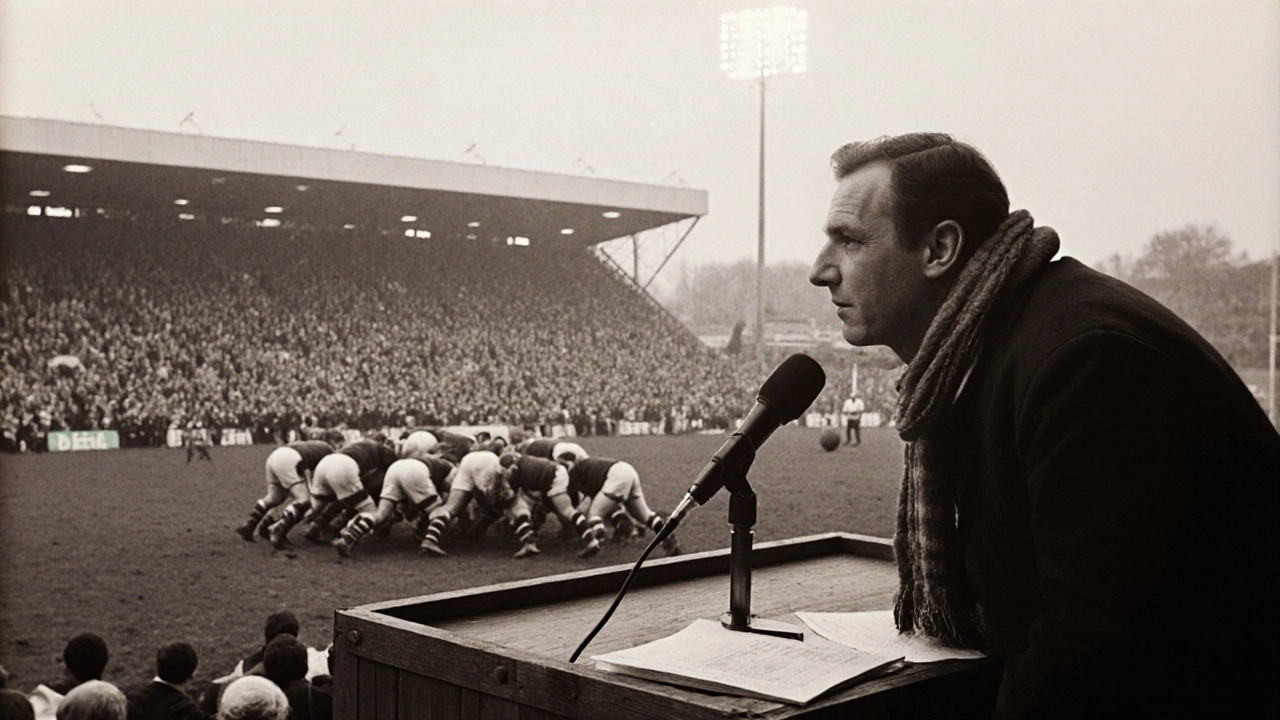Jackler Meaning: What It Is and Why It Matters in Sports
When you hear the word jackler, a term sometimes used in informal sports circles to describe a player who pushes hard, often in a gritty or unconventional way. Also known as a grinder, it a tough competitor, it doesn’t show up in official rulebooks or coaching manuals—but it does pop up in locker rooms, on social media, and in casual fan chats. The truth? There’s no official definition. No Wikipedia page. No dictionary entry. But if you’ve ever watched a rugby scrum, a boxing round, or a basketball player diving for a loose ball, you’ve seen a jackler in action. It’s not about skill alone—it’s about heart, hustle, and refusing to back down when the odds are stacked.
This kind of player doesn’t always lead the stats sheet. They might not be the fastest, tallest, or strongest. But they’re the one who keeps chasing down every loose ball, blocks the last-second shot, or keeps pushing through pain when everyone else is tired. In football, it’s the guy who tackles the running back three yards past the line of scrimmage. In tennis, it’s the player who dives for every shot, even when they’re out of position. In swimming, it’s the athlete who kicks harder in the last 10 meters, even when their arms are burning. These aren’t flashy plays. They’re the quiet, relentless efforts that win games behind the scenes. And that’s what people mean when they say ‘jackler’—even if they can’t quite spell it right.
It’s not just about effort, though. It’s about sports grit, the mental toughness that lets athletes keep going when their body says stop. It’s tied to work ethic, the daily discipline that separates good athletes from great ones. And it’s why you’ll find stories about jacklers in posts about marathon training, boxing title matches, and even why Americans love American football. These aren’t just about technique—they’re about character. The guy who runs five miles before sunrise. The kid who practices free throws after school while everyone else leaves. The rugby player who gets up after a brutal tackle and walks back to the line without help. That’s jackler energy.
You won’t find ‘jackler’ in the glossary of soccer equipment or in the official rules of rugby. But you’ll hear it from coaches who’ve seen hundreds of athletes come and go. They know the difference between talent and tenacity. And they know which players will stick around because they never quit. If you’ve ever been told you’re not good enough, or you’re too slow, too small, or too old—then you already understand what jackler means. It’s not a title. It’s a mindset. And if you’re reading this, chances are you’ve got it.
Below, you’ll find real stories, real training tips, and real insights from athletes who didn’t rely on fame or flashy gear—but on sheer stubbornness. Whether it’s running a marathon at 30, learning to swim as an adult, or figuring out how much to eat before a race, these posts aren’t about being perfect. They’re about showing up. Again. And again. And again. That’s the jackler way.
What Does "Jackler" Mean in Rugby? Origin, Role & Modern Usage

Discover the origin of the rugby nickname "jackler", its role in the game, why it disappeared, and what modern players are called today.
